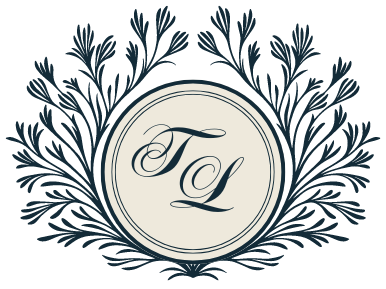Integrating Art Projects into Your Homeschool Curriculum
Art is an essential component of a well-rounded education, nurturing creativity, improving motor skills, and providing a medium for self-expression. Integrating art projects into your homeschool curriculum can enhance the learning experience and bring a balance of joy and creativity to your child’s education. Here’s how you can seamlessly incorporate art into your homeschooling routine.
Understanding the Value of Art in Education
Art is not just about creating; it’s a form of communication, problem-solving, and emotional expression. It helps in developing critical thinking and observation skills. Through art, children can explore concepts from other subjects in a creative and engaging way.
Setting Up an Art-Friendly Space
- Designate a Creative Corner: Set aside a space in your home where your child can freely engage in artistic activities. This doesn’t have to be large – a small table or corner will do.
- Stock Up on Supplies: Keep basic art supplies like paper, paint, brushes, crayons, scissors, and glue on hand. You can slowly build up your collection over time.
Integrating Art with Other Subjects
- History Through Art: Explore historical periods through their art. Study Egyptian hieroglyphs, Greek pottery, or Renaissance paintings to make history lessons more vivid.
- Science and Art: Use art to illustrate scientific concepts, like drawing plant life cycles, creating models of the solar system, or making anatomical sketches.
- Mathematics in Art: Explore patterns, symmetry, and geometry in art. Activities can include creating tessellations, exploring shapes through collage, or understanding fractions through drawing.
Regular Art Projects
- Weekly Art Classes: Dedicate time each week to focus solely on art. Allow your child to experiment with different mediums and techniques.
- Themed Projects: Create art projects around themes or current events. This can include seasonal crafts, family portraits, or illustrations of favorite stories.
- Art Appreciation: Regularly introduce your child to different artists and styles. Discuss what they see and feel about various artworks.
Encouraging Artistic Expression
- Freedom to Explore: Encourage your child to express themselves through their art. There’s no right or wrong way to create.
- Showcasing Art: Display your child’s artwork around the home. This not only boosts their confidence but also shows that you value their creativity.
- Community Involvement: Participate in local art contests, exhibitions, or community projects. This can be a great way for your child to see the importance of art in the wider community.
Conclusion
Incorporating art into your homeschool curriculum is about more than just learning to draw or paint; it’s about opening up a world of creativity and expression for your child. It enriches the homeschooling experience, providing a joyful and expansive outlet for your child to explore and grow. With these strategies, you can ensure that art becomes a vibrant and vital part of your child’s education.
